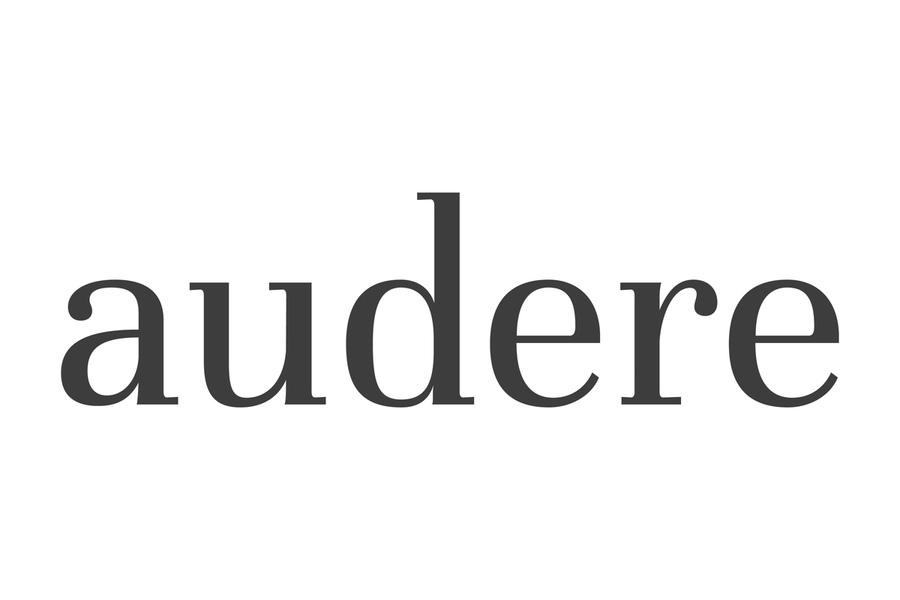Gates Foundation backs digital diagnosis firm Audere

Digital health company Audere has been given a $9.3 million grant from the Bill & Melinda Gates Foundation for a project that aims to improve the accuracy of rapid diagnostic tests (RDT).
The funding will be used to support the continued development of Audere’s HealthPulse AI, which digitises the results of RDT and uses artificial intelligence to help interpret and communicate the results.
The project ties in with the Gates Foundation’s drive to encourage digital public infrastructure (DPI) as a means of accelerating improvements in health and economic welfare around the world.
The Seattle-based non-profit is focused on technologies that can help reduce healthcare disparities around the world, and the HealthPulse platform is designed to run on ‘commodity’ smartphones commonly used in low- and middle-income countries (LMIC).
HealthPulse AI has been designed to operate broadly across different brands of diagnostic, in the hope of being applicable to just about any health condition, although the preliminary focus is on infectious diseases, specifically malaria.
According to the company, studies have found that the reported test positivity rate for malaria RDTs can be twice as high when compared to what was accurately confirmed by digital RDT readers.
As a result, inaccurate or delayed reporting of disease incidence can result in healthcare resources being deployed inappropriately, hindering responses and with a detrimental impact on patient care.
The technology allows health workers to administer a simple diagnostic test with a dipstick, then take a picture of the dipstick using a phone, and get the results very quickly, with a reported error rate of less than 2%. The platform – which has also been deployed for COVID-19 testing, in partnership with diagnostic test kits manufacturer Medical Diagnostech – can also directly upload results to national surveillance databases.
Digitisation of data at the point of care is increasingly gaining traction in health, according to Audere, as it significantly reduces human errors in data collection and aggregation.
“The Foundation provided Audere’s initial catalytic funding to drive new innovation in global health,” said Philip Welkhoff, malaria PST Director at the Gates Foundation.
“Audere has succeeded in not only developing cutting-edge technology, but also in offering the product for the benefit of global health. We are excited to continue our support of HealthPulse AI and believe this will make an impact on malaria disease surveillance and quality case management as we progress towards eradication.”
Earlier this month, the fight to eradicate malaria took a step forwards, with the approval in Ghana of the first vaccine with a protective efficacy rate that surpasses the World Health Organization’s 75% threshold, developed by scientists at Oxford University’s Jenner Institute.












